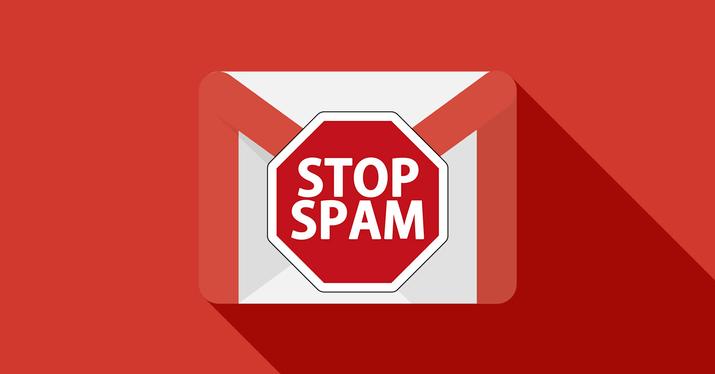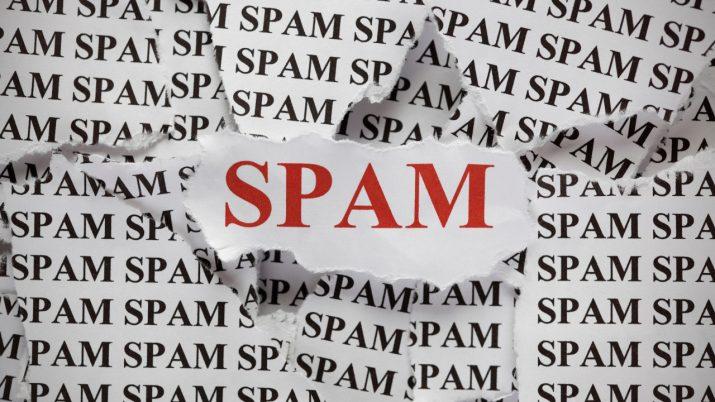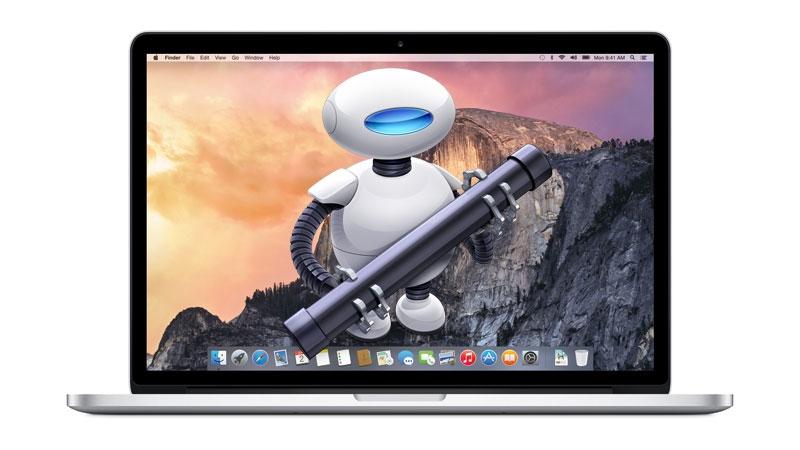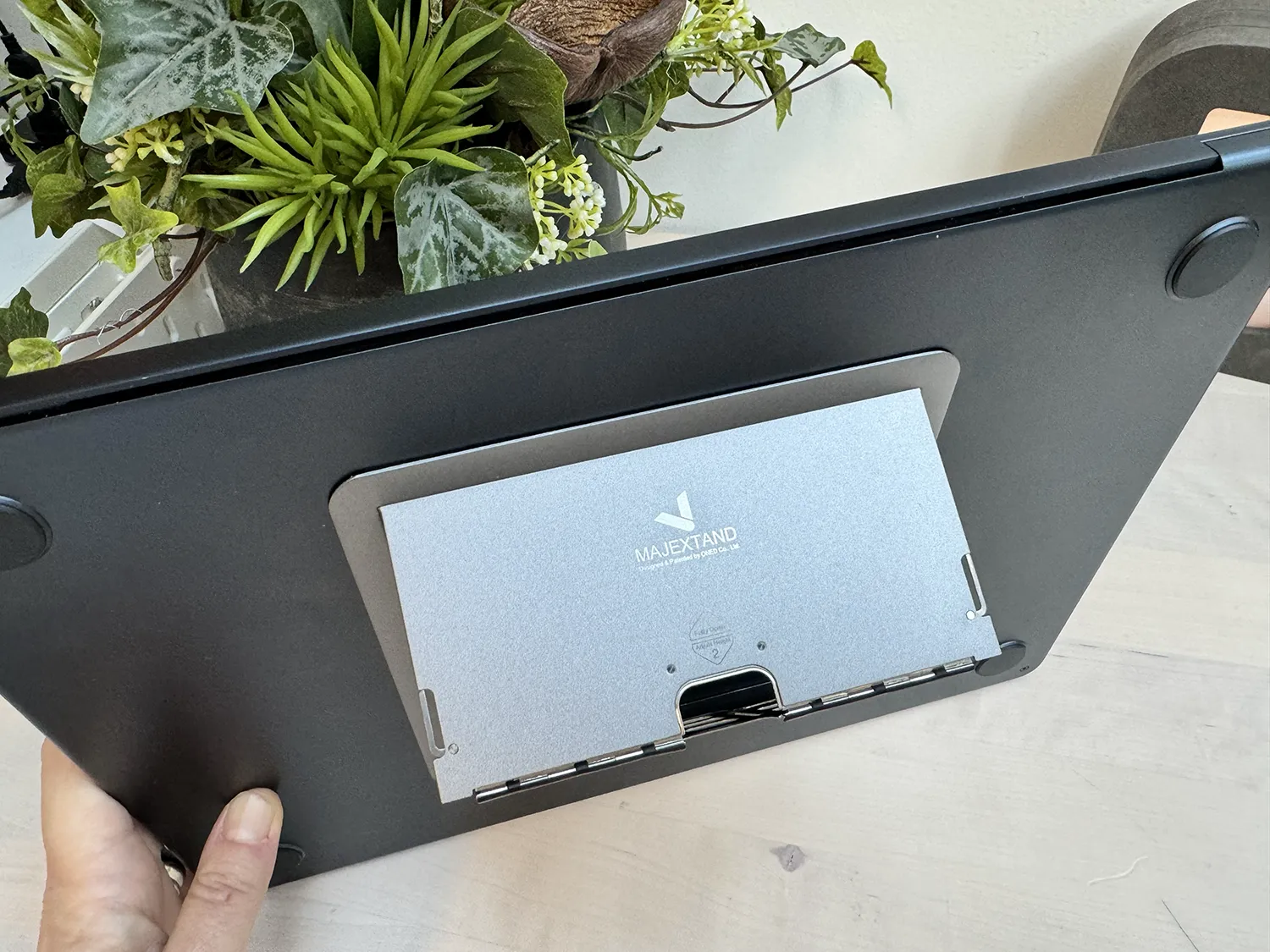If you are a regular email user, you may have seen that sometimes you had real emails, among other phishing and spoofing emails, in your “junk” folder. Why do they end up being considered spam? Perhaps because they include certain phrases that you should try to avoid writing in an email.
If you want to ensure that your email reaches its recipient, there are a series of tips and prohibited words so that the anti-spam filter does not confuse you.
Your email looks spam
The different email clients apply a series of filters that detect those emails that end up in the “spam” folder. However, by learning how these filters work, we can also learn some things you can do and phrases you can avoid to ensure your email arrives and is not mistaken for spam.

There are things you do without realizing it that increase the chances that your message will never reach the intended recipient, and not everyone checks their spam folder. There are words and phrases that will raise false red flags in your email delivery.
Having one or two words in your email that are considered spam in an otherwise trustworthy message probably won’t send you to spam, but many of them combined with other risk factors like the ones above probably will. Here are some words to avoid:
- Numbers like “#1” and “100% free”
- Words associated with easy money scams, such as “extra income,” “earn extra money,” “financial freedom,” or “be your own boss.”
- Phrases associated with money such as “cash” and “a lot of money”
- Anything like “eliminate your credit problems” or “pay off debt”
- Anything “free,” such as “freebie,” “free information,” or “free investment.”
- “Giveaway” and other words used to suggest, again, that something is “free”
- Words that imply that something is truly wonderful, such as “once in a lifetime” or “miracle.”
- Any phrase that creates a sense of urgency or pressure such as “act now” or “important information about…”
- “You’re a winner,” “you’ve been selected,” or anything else that might make someone think they’re getting a special opportunity.
- “Dear friend” or any greeting that is not specific to the person you are writing to
- Basically, any financial word that doesn’t fit the context of your message, like “no hidden fees” or “no purchase necessary.”
- Assurances that “this is not fake” or “this is not spam”
- The words “password” or “social security number”
- Brand-name medications like Valium or Viagra, or even general medical-sounding terms like “weight loss”
Improve delivery capacity
In addition to self-censorship in the previous sections, there are other aspects that we can work on to ensure that our emails reach where they should; to your inbox.

For example, if you are using a subscriber list, you should periodically remove subscribers who pass on to us so you are left with only your most engaged base. A low open rate translates to a poor sender reputation, essentially reducing your account’s influence among email service providers, according to Active Campaign, a digital sales and marketing platform.
Along these same lines, make sure your emails also include an unsubscribe button. According to Hubspot, not having one is an easy way to get sent straight to spam.
Make sure each email is also addressed to its recipient. Anything that says “Dear friend” or simply “Dear” is not only impersonal, it is also risky. Also make sure you don’t use unnecessary capital letters or exclamation points, because spam detection software will flag it immediately. Finally, be sure to use a verified email address to send, not one that is new or has not been verified by you.















